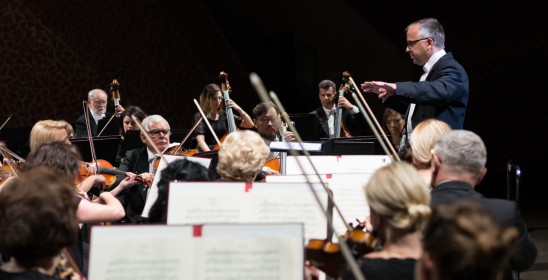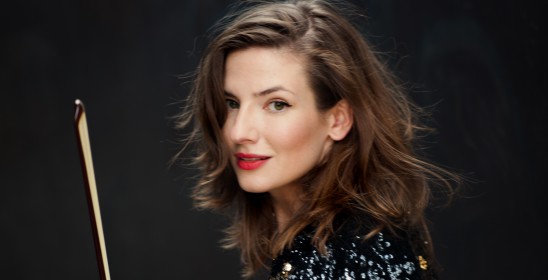Camille Saint-Saëns
Camille Saint-Saëns was born on 9 October 1835 in Paris and died on 16 December 1921 in Algiers. This French composer, piano and organ virtuoso and conductor was a posthumous child raised by his mother and aunt. Hailed as a ‘child prodigy’, he started learning the piano at the age of three under the guidance of his aunt. At the age of seven he began taking piano and organ lessons from professional teachers. At the age of thirteen he began his studies at the Conservatoire de Paris. In 1953-57 he held the position of an organist at the Church of St. Merri, and in 1858-77 at Madeleine Church in Paris. At that time he made acquaintances with the most eminent musicians of the epoch, including Gioacchino Rossini, Franz Liszt and Hector Berlioz. Later he was also employed at the Paris school for organists. During the riots of the Paris Commune he went to Great Britain. Upon his return, he became a co-founder of the Société Nationale de Musique, a society dedicated to cultivating French music and bringing it out from under the yoke of German music. Saint-Saëns enjoyed great fame both at home and abroad. He made many concert tours to England, Austria, Germany and Russia. He also visited Africa and North and South America. In 1893 he received an honorary doctorate from Cambridge University. He died of a heart attack in Algiers.
His oeuvre encompasses various musical genres: symphonies (5, including the famous Symphony No. 3 in C minor ‘Organ’ Op. 78), concertos (for the piano, violin and cello), the emblematic fantasy Carnival of Animals, 13 operas (with the most famous Samson and Dalila), religious compositions (Requiem).
Interesting facts:
He was the first composer of film music for the 1908 picture L'Assassinat du duc de Guise.
He was sceptical of the musical avant-garde – he boycotted The Rite of Spring and regarded Stravinsky as a madman.
He was called a ‘musical gladiator’ as he persistently fought to preserve the idiom of French music and to purge it of German influences.
Liszt described him as “the best organist in the world”.
He was one of the first pianists to record music on phonograph records.
His ‘zoological fantasy’ – Carnival of Animals not only captures the character of individual animals, the composer also parodies various compositional styles in it, including that of Offenbach’s or Rossini’s. Fearing for his reputation, Camille forbade the performance of the entire cycle, and only the Swan was allowed into print.
Aneta Derkowska, PhD








